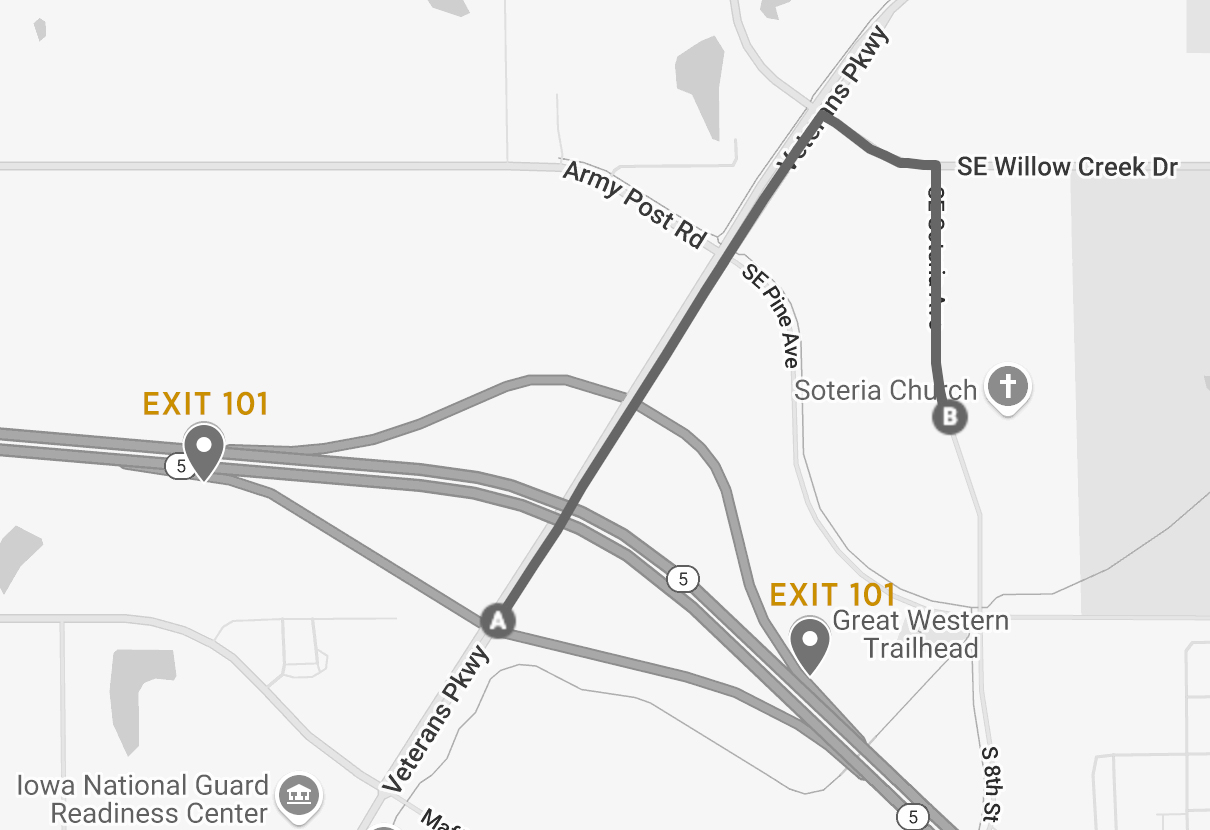Pray Like Jazz
Psalms are songs that teach us how to pray
By Zach Dietrich
When we’re talking to God, we can pray the psalms as if we’re using sheet music. But we can also pray them like a musician would play a piece of jazz music, using the basic ideas to allow God to shape our hearts and minds.
Let me explain. You can use Psalm 119 like sheet music and “play” note by note, saying the exact words as they’re written. In fact, I think we should use psalms that way. When you don’t know what to pray, you can pray verse by verse through the psalms, speaking God’s truth out loud or in your heart. Over time, as the psalms are hidden within your heart, they become a part of your soul.
But, you can also write your own music. When you pray the psalms, you don’t have to worry about praying “perfectly”, hitting the right verses in the right order. Instead, focus on letting God’s Word reshape your soul.
In a recent sermon, I used this analogy of praying to God in this way. I knew I had heard someone else use that analogy before, but I couldn’t track it down. It bothered me for a week! Finally, I was able to track down the inspiration. David Powlison, the late author and biblical counselor, described praying the psalms like jazz in his article, Peace Be Still: Learning Psalm 131 by Heart.
All of Powlison’s writing is musical, and he is both theological and lyrical in how he writes about the psalms shaping our prayer life. Here is how Powlison wrote about letting Psalm 131 shape the music of our prayers:
“Psalms are meant to be read and quoted verbatim. Read Psalm 131 again. Read it slowly. Take in each sentence.
“‘LORD, my heart is not proud,
and my eyes are not haughty,
and I do not go after things
too great and too difficult for me.
Surely I have composed and quieted my soul,
like a weaned child on his mother,
like a weaned child, my soul rests on me.
Israel, hope in the LORD
now and forever.’“Memorize these words. It will take you only a few minutes to make them your own. You can memorize a whole chapter of the Bible in five minutes!
“Then turn these words over in your mind before drifting to sleep. Before counseling someone else. As you drive in your car. When you approach God to talk. When you get noisy inside for whatever reason. Read these words together in public worship. Preach or teach this psalm. Get the music, and sing this psalm with your brothers and sisters.
“Psalms learned verbatim teach you to play ‘classical music,’ compositions practiced from the score, memorized, and played note-perfect.
“Psalms also intend to teach you how to play ‘jazz.’ Memorization serves extemporization. Psalm 131 is a model as you improvise within your life experience. Most of life you make up as you go along. You’ll probably say thousands of words out loud today. And that’s nothing compared to the audio and video streaming continuously within your soul. What’s playing in your theater? Are you noisy or composed? Most of daily life is extemporaneous speech, not read from a manuscript. Few scenes in daily life are scripted, rehearsed, and recited by rote. Life and ministry don’t usually happen in boilerplate text. Psalm 131 is for jazz as well as classical. It gives a ‘for instance’ for the rest of your thinking. It sketches the general contours of a God-related life of dependent faith. You color in the living details, playing out personal variations on the Bible’s theme.
“Create such inner conversations moment by moment. ‘Rejoice always, pray without ceasing, give thanks in all circumstances, because this is God’s will for you in Christ Jesus’ (1 Thess. 5:16-18). The Holy Spirit works in you to form a psalm-generating heart and lifestyle. As you live in Christ in all circumstances, Jesus teaches you to think the way He does.”


